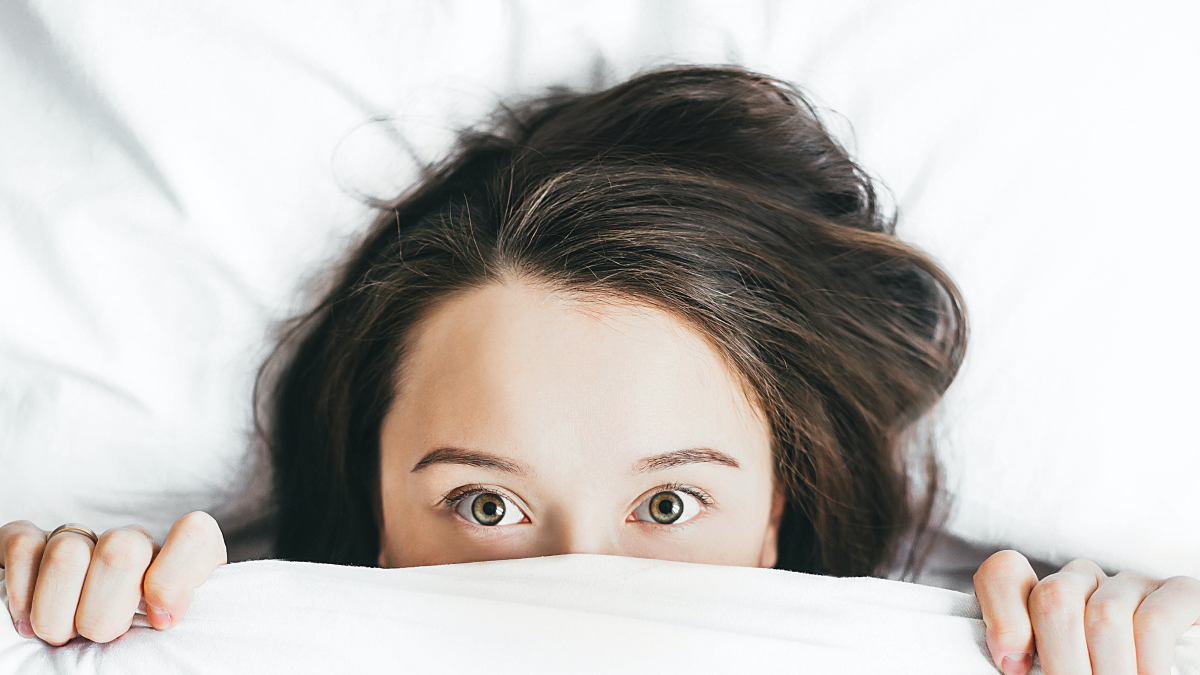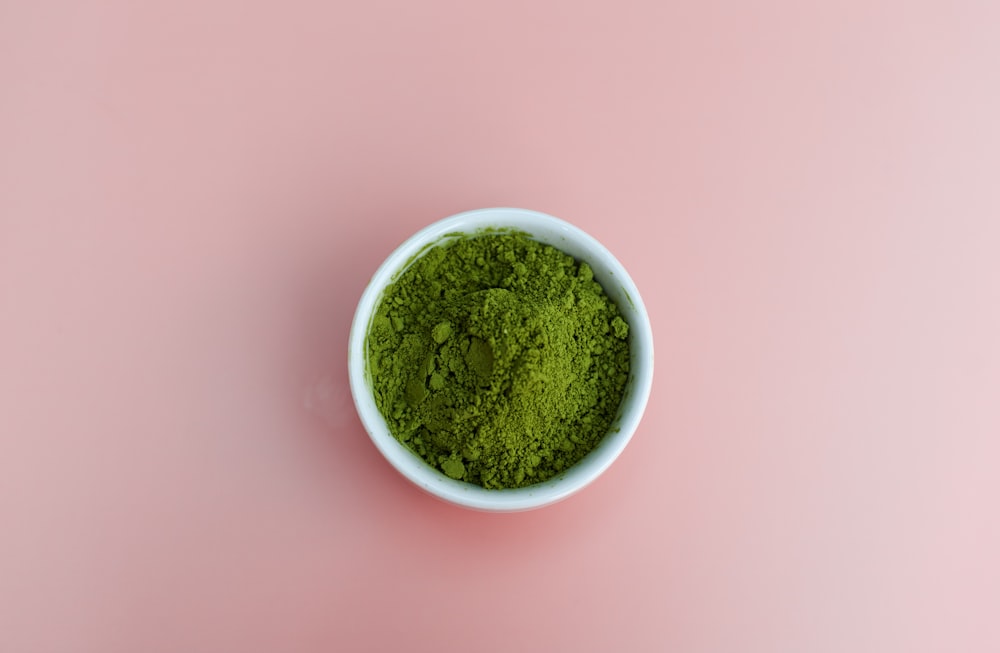
Sleep hygiene is essentially all about how to get better rest through lifestyle and bedtime routine changes. Poor rest affects our physical and mental health in many ways, both short-term and long-term. We’ve all been there, whether we had a frustratingly sleepless night, interrupted sleep or slept only a couple of hours. Low quality sleep or not enough rest can cause a serious case of brain fog, moodiness and overall impaired physical and mental performance.
Besides the increased risk of such things as car accidents, another very detrimental potential side-effect of poor sleep is the development of Alzheimer’s disease. It is mostly while we’re sleeping that the brain clears out metabolic waste products. If these waste products are left to build up, they have toxic effects on the brain. They include the infamous beta-amyloid protein that forms the plaques seen in Alzheimer’s disease. Repeated nights of sleep deprivation can significantly increase beta-amyloid deposits in the brain. However, if we change our habits early, we can allow the brain’s cleansing mechanisms to remove them. Good sleep hygiene can therefore help prevent diseases such as Alzheimer’s.
Improving sleep hygiene and learning how to get better rest can improve our quality of life now and protect our future health. The fundamental question is, what can we do to improve our sleep hygiene? Before we get into that, let’s discuss what sleep hygiene is.
What Exactly is Sleep Hygiene?
Sleep hygiene is the concept that your lifestyle and bedroom environment can be improved to get a better night’s sleep. This isn’t just about what you do before going to bed. Sleep hygiene involves your everyday lifestyle, your evening routine, and your diet. If your bedroom environment promotes healthy rest but your caffeine intake does not, for example, you may still have poor sleep hygiene.
It’s also about habit. Our bodies run on a 24-hour clock, the circadian rhythm, that seems to know when we should go to bed and when to wake up. If you’ve ever had jet lag, you’ve felt the effects of a “confused” circadian rhythm that must adjust to a new pattern of day and night. Below are 8 tips that could help you improve your sleep hygiene:
1. Sleep Hygiene is About How YOU Relax

Standard tips for how to get better sleep will tell you that you should only use your bedroom for sleep and intimacy. This works for some people but can have no benefit for others. Not only do strict rules that can be summed up as “No! No! No!” cause me and many others more stress, but some people need such ‘distractions’ to wind down after a long day of work.
For example, getting ready for bed can include listening to music. A study on students with difficulty sleeping found that listening to classical music significantly improved their sleeping quality. Their scores of depressive symptoms improved too. However, audiobooks had no benefit for this group. Relaxing music is able to distract us from stressful thoughts, and reduce heart rate, breathing rate and blood pressure to levels that support healthy sleep.
2. Avoid Screen Time
Why does sleep hygiene advice typically mention avoiding screen time, usually within an hour before bed? The issue with electronic screens is that they emit blue light, a particularly stimulating wavelength that signals “daytime” to your circadian rhythm. In fact, blue light exposure was linked to a delay in normal evening melatonin levels by over 90 minutes in a study comparing e-readers to paper books. Volunteers reading e-books also had poorer sleep quality and were less alert the next day.
If you’re playing on your phone or watching TV before bed, it may, unfortunately, be causing your sleeping issues. Try this instead: Reading a book, meditation, gentle yoga, crafting or journaling. Those can all be better alternatives when done with warm, dim light.
3. Autogenic Training
Stressing out about how to get better sleep can, perhaps ironically, make it even more difficult for you to fall asleep. How can we get out of this seemingly endless loop of insomnia, stressing about it, and more insomnia? Autogenic training may provide an answer.
Autogenic training involves practising a set of six exercises similar to meditation, which focus your mind on the experience of relaxation. They include slow, deep breathing; a calm heart rate and feelings of warmth in the limbs and abdomen.
The use of autogenic training is demonstrated to significantly improve sleep duration and quality, as well as time to falling asleep. It can also reduce the need for sleep medication, anxiety, depression, and issues with everyday functioning. Even in a study of chronically ill volunteers, where most had insomnia as a secondary complaint, autogenic training improved sleep quality and duration compared to the pre-treatment period.
Another type of autogenic training is this method, which some claim to help you fall asleep in two minutes! All you have to do is relax your muscles from top to bottom. Start in your face and head, then move on down to your shoulders, arms and legs. Focus on your dominant side first, so if you’re right-handed, that’s your right arm followed by your left arm. Everything should feel limp. The last step in this exercise is to clear your mind, or at least say “don’t think, don’t think” to yourself.
Some claim the method could even help you sleep upright on a plane! If you’re going on a red-eye flight in the near future, try this exercise and let us know how it goes!
4. Replace Coffee With Green Tea After Lunch

If you love coffee, it’s best to keep that a morning habit only and replace coffee with green tea after lunch. (Or preferably have zero caffeine after lunchtime.) Caffeine tricks your body into thinking you aren’t tired, lowers melatonin and reduces your sleep quality.
Limiting coffee is a standard tip when you want to learn how to get better sleep, but why green tea? Green tea contains L-theanine, which relaxes us by competing with the stimulating neurotransmitter, glutamate. What’s more, it increases GABA, serotonin and dopamine, helping you to stay relaxed and in balance. The actions of L-theanine mean that it can relieve anxiety and sleep disturbances while protecting your brain cells.
5. Take Your Vitamins
Many people enjoy a more refreshing sleep by taking magnesium and B-vitamins. Your body makes melatonin, the sleep hormone, from serotonin. Serotonin requires vitamin B6 and folate in its production. The relaxing neurotransmitter GABA also needs sufficient levels of vitamin B6 and vitamin B1.
B vitamins also play key roles in energy production, so taking them may keep you up at night. However, you may benefit from taking magnesium before bed, which increases melatonin. Magnesium is also involved in our bodies’ timekeeping system, that 24-hour circadian rhythm that controls functions such as the sleep/wake cycle.
6. Soothing Inflammation For Sleep Hygiene
We don’t typically think about it to improve sleep, but reducing chronic inflammation may help if standard methods aren’t enough. Inflammation sends tryptophan, the amino acid needed to make serotonin, into immune response pathways instead. Less serotonin also means less melatonin.
Tart cherry juice is one anti-inflammatory remedy that has been shown to relieve inflammation, freeing up tryptophan to make serotonin. In fact, a study on volunteers with insomnia who drank tart cherry juice found they had both improved sleep and lower inflammatory markers. While cherries do contain tryptophan, it’s not enough to be responsible for the effects seen in this study. Other remedies include prebiotics, probiotics and post-biotics, which shift your gut microbiome to a more anti-inflammatory state.
7. Check Your Bedroom Temperature
During sleep, we can’t regulate our body temperature as well, so being too hot or too cold can affect sleep quality. While we’re falling asleep, our body temperature difference between the torso and limbs evens out, so you may not want to keep this part of your body too warm. If sleeping naked is an important part of sleep hygiene for you, then go for it!
8. Habit is Everything
Don’t stress about one late night every now and then. Sleep hygiene requires habitual patterns, where your circadian rhythm matches the right hours of sleep duration. If you’re used to falling asleep at 2 am, you may feel like it would be absolutely impossible to shift this to a 10 pm bedtime. In this case, gradually aim for bedtimes 20-30 minutes earlier over time, until you’re going to bed at your preferred time. You can record your sleeping times in a diary too, to track your progress.
Sleep Hygiene: Individualized
When you’re looking for advice on how to get better rest, what matters is what works for you. What helps you relax, which nutrients you may need to supplement, and how you form habits are unique to you, your body and your sleep habits.
Would you like to learn what your genetics say about your sleep habits? CircleDNA can provide you with this information along with a wealth of other knowledge related to your health and wellness.







Comments are closed.